Top 11 Car Repossession Loopholes: Legal Tactics to Beat Repo
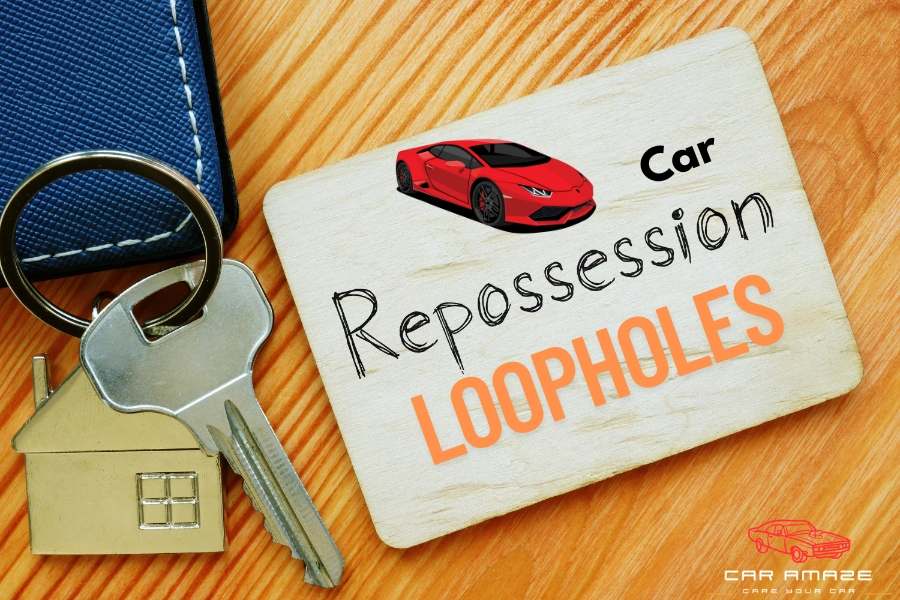
Car repossession can be very stressful, but there are some legal car repossession loopholes and strategies that may help you stop or delay vehicle repossession without breaking the law. Here, I will explain these strategies to delay or avoid repossession of your vehicle. Let’s explore the top 11 loopholes for car repossession, how they work in your favor, and how to get help during repossession.
List of 11 Car Repossession Loopholes (Quick Summary) 📄
Here is a quick overview of legal ways to stop or delay car repossession:
- Catch up on payments — Pay overdue amounts to stop or delay repossession.
- Check loan documents for errors — Find and dispute mistakes in your contract or notices.
- Use bankruptcy protections — Chapter 7 or Chapter 13 can put an automatic stay on repossession.
- Loan relief options — Refinance, defer payments, modify, or restructure the loan.
- Sell or trade the vehicle — Sell or trade the car to pay off the loan before repossession.
- Challenge the sale price — Dispute a low auction price to reduce any deficiency balance.
- Know your state laws — Repossession rules and timelines vary by state; learn your rights.
- Communicate with your lender — Negotiate payment plans or temporary relief before repossession.
- Get a co-signer — A co-signer can improve loan standing and help prevent repossession.
- Redeem the vehicle — Pay the full balance (plus fees) to get the car back after repossession.
- Use insurance — Gap or other insurance may cover shortfalls and reduce your loss.
Table of contents
- What Are Car Repossession Loopholes?
- Do Any Car Repossession Loopholes Really Exist
- Top 11 Legal Car Repossession Loopholes
- How Car Repossession Works
- Conclusion
- FAQs
What Are Car Repossession Loopholes? Defenses to repossession
When you buy a car on loan, the lender holds a security interest until you pay the full loan. If you are unable to pay the full loan, the lender can take back the car to recover their investment, which is called car repossession. The car repossession loopholes are the legal strategies that help you delay, prevent, or modify the repossession process.
These are legal defenses to car repossession that may allow you to delay, avoid, or reverse the auto repossession process without violating any law. These repossession loopholes help you negotiate alternative arrangements, correct mistakes, or even reclaim their vehicle under certain circumstances. So analyze your situation and assess the behaviors of the lender to choose the most suitable loophole for stopping car repossession.
Do Any Car Repossession Loopholes Really Exist
Yes, there are some car repossession loopholes that may help you stall or prevent repossession. Independent reports show that up to 20% of repossessions involve some form of lender error or overlooked statutory protection. So, there are still possibilities that you can legally avoid this issue. The loopholes act as defenses to repossession and help you get out of the situation legally and seamlessly. I have explained the 11 legal loopholes that can help you legally avoid vehicle repossession.

Top 11 Legal Car Repossession Loopholes
Below are the legal car repossession loopholes that can protect you without breaking laws. Each method has its unique approach to dealing with lenders, but you must consult with a legal expert for the best advice.
1. Catch up on payments for stopping car repossession
If you have missed some payments, paying those overdue payments can help you beat car repossession. It shows your commitment to meeting your obligations and may force the lender to give you a grace period. This method is recognized in various state laws as a good effort to stop car repossession, such as in Florida, Ohio, Texas, California, Alabama, Indiana, Ontario, Virginia, and Pennsylvania.
2. Overview of mistakes
Reviewing the loan agreement and repossession notices is also one of the best car repossession loopholes. There is a chance that lenders may make errors in payment calculations and apply the wrong fees. Overviewing your mistakes and making sure that they never happen again is a great technique for stopping car repossession.
So carefully read the documents, find the errors, if any, and negotiate with lenders to halt the process. Make sure to check for wrongful repossession indicators like lack of notice, false balances, or violations of repossession laws by state.
3. Utilize bankruptcy protections as defenses to repossession
If you want to temporarily stop the car repossession, you can file for bankruptcy. Both Chapter 7 bankruptcy and Chapter 13 bankruptcy provide a legal stay against creditor actions. Filing for bankruptcy is a good car repossession loophole because it lets you recognize finances and negotiate with the lender. According to a recent study, over 30% of cars are saved from quick repossession with the help of bankruptcy filing. Below are the details about chapter 7 and chapter 13 bankruptcy:
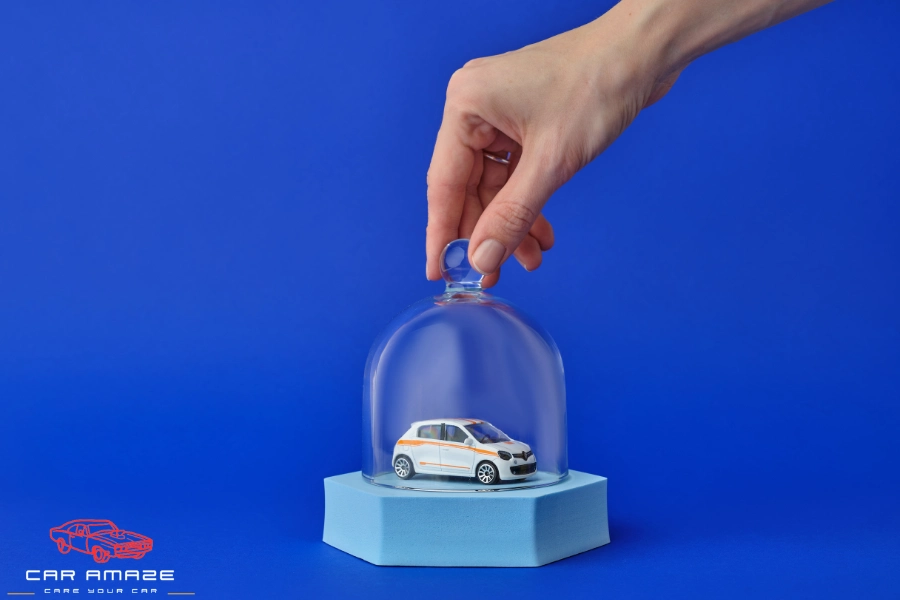
1. Chapter 7 Bankruptcy: Delay or prevent vehicle repossession
Chapter 7 bankruptcy stops repossession for a short time, but you usually lose the car unless you pay what you owe. With this loophole for vehicle repossession, you will not be able to keep the car, but you will get enough time to explore alternative solutions. For example, it will give you time to negotiate with lenders, potentially secure a redemption plan, and manage some finances. If your car was never repossessed after Chapter 7, there may be some reasons, like the car is old or not worthy, or you are still making some payments.
2. Chapter 13 Bankruptcy: Another Recommended Car Repossession Loophole
The Chapter 13 bankruptcy is a little bit similar to Chapter 7, but the difference comes in the duration of the payment plan. Chapter 13 bankruptcy lets you make smaller payments over time so you can keep the car while paying off the debt.
According to Chapter 13 bankruptcy, you are allowed to repay debts over a three- to five-year period. The big difference and positive aspect is that you can keep your car while you pay installment. You create a new payment plan with your lender. Under Chapter 13, lenders must pause repossession proceedings and give you time to become stable and reorganize your finances.
What to do if your car was never repossessed after Chapter 13
If your car was never repossessed after Chapter 13, then it might be due to an automatic stay order from the court or low car value. The best way to deal with this is to keep paying the agreed-upon remaining payments on time. After you complete all the payments, you will be able to own the car completely. However, keep in mind that not paying the installments or not following the Chapter 13 rule can give the permission to the lender to repossess the car.
4. Loan Relief Options to Stop Car Repossession
One of the most effective ways to use legal defenses against car repossession is to explore loan relief options. These options help you adjust the loan terms and reduce financial pressure. The three common loan relief options include refinancing, payment deferral, and loan modification or restructuring:
1. Refinance the Loan
As the name suggests, refinancing helps you secure new loan terms with a lower interest rate, extended loan duration, or reduced monthly payments. With loan refinancing, you can get good financial relief, make car installment payments easily, and stop the car repossession.
2. Request a Payment Deferral
Payment deferral means postponing the payment obligations for a limited period. If you are facing short-term financial hardship, ask your lender for a payment deferral. When you get financially stable within the agreed-upon time, you start paying the remaining payment. However, make sure that the whole agreement is documented to avoid disputes.
3. Secure Loan Modification or Restructuring
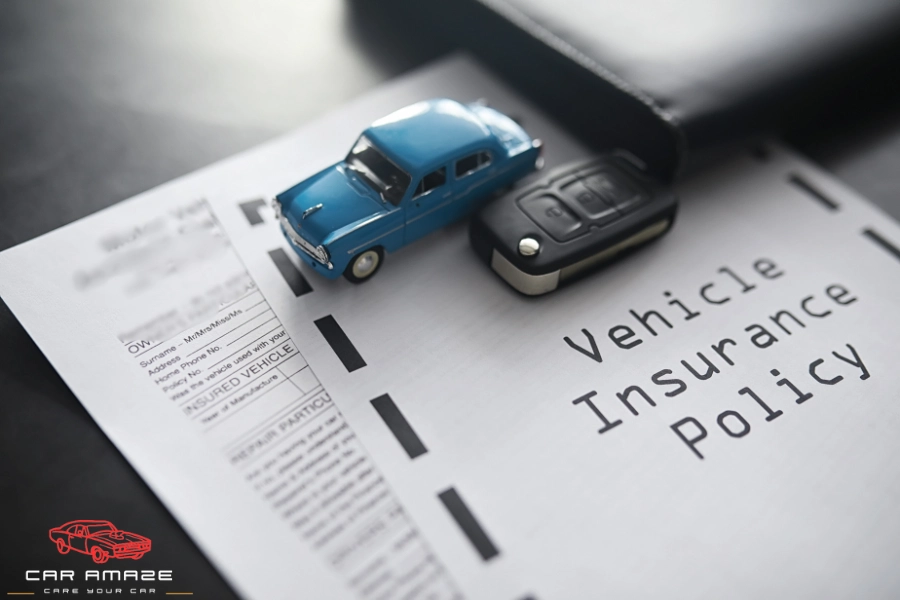
The modification or restructuring of the loan means readjusting the existing loan terms. This could involve lowering monthly payments, reducing the interest rate, or extending the repayment period. No matter which USA state you are in, this loophole is a great option to get long-term relief and make it easy to pay off the remaining car loan.
5. Sell or trade the vehicle to stop car repossession
Selling or trading the vehicle is also one of the best car repossession loopholes. However, the trading becomes impossible or difficult if your car is totaled or if it is highly damaged. If your car still holds value, you can trade in a damaged financed car before repossession to cover the loan balance and prevent default.
If you are able to sell the car for more than the remaining loan balance, you will end up paying off the loan and still keep some profit in your pocket. So, selling your car at a good price can be a smart and legal way to stop car repossession. This option becomes even more useful if you still have gap insurance protection to cover the difference between the loan balance and the sale value.
6. Challenge the repossession sale price
If your car is repossessed and sold, you can contest the sale price if it seems low. Some states require lenders to follow strict guidelines during sales. If you are able to successfully challenge the repossession sale price, you can reduce your deficiency balance or reclaim your vehicle.
If the lender sells at too low a price or does not follow legal rules, you can challenge the sale price in court or through consumer protection laws. The lender must give you advance notice about selling the car and make a fair trade. This is not a direct repossession loophole, but it can, in some cases, void the repossession sale if the lender seriously violated the law.
7. Understanding your state’s repossession laws for cars
Whether you live in Florida, Ohio, Texas, California, Alabama, Indiana, Ontario, Virginia, Pennsylvania, or any other state, the laws of car repossession may vary. Therefore, you must have knowledge about the laws in your state to protect yourself from repossession. Each state has its own auto repossession process, notice periods, and repossession timelines, which can create specific loopholes based on local laws.
8. Communicate with your lender for stopping car repossession
You should prefer open communication with your lender and inform them about your financial situation. This clear communication between you and your lender can lead to a better negotiation agreement. Open communication often prevents loan default consequences and can lead to new terms before repossession occurs. If you communicate with the lender openly, you can stop or beat car repossession because lenders are often willing to discuss modifications or temporary relief measures.
9. Get a co-signer as a car repossession loophole
The co-signer plays a key role in improving your credit profile and provides additional security. If you are able to get a co-signer, you can convince the lender to temporarily stop the repossession. Please keep in mind if you get a co-signer to stop repossession of the vehicle, you and the co-signer are equally liable for the loan’s outcome if issues arise. Moreover, make sure that you and the co-signer understand all the documents required to buy or finance the car.
10. Redemption of the vehicle as defenses to repossession
If your car has been repossessed, the redemption allows you to reclaim it by paying off the full balance. Even some states allow redemption after the car has been sold based on legal procedures. This car repossession loophole can help you reclaim your vehicle, but it is a little bit expensive. However, if you choose the redemption option, you must act quickly and consult legal advice.
11. Use insurance as a loophole for car repossession
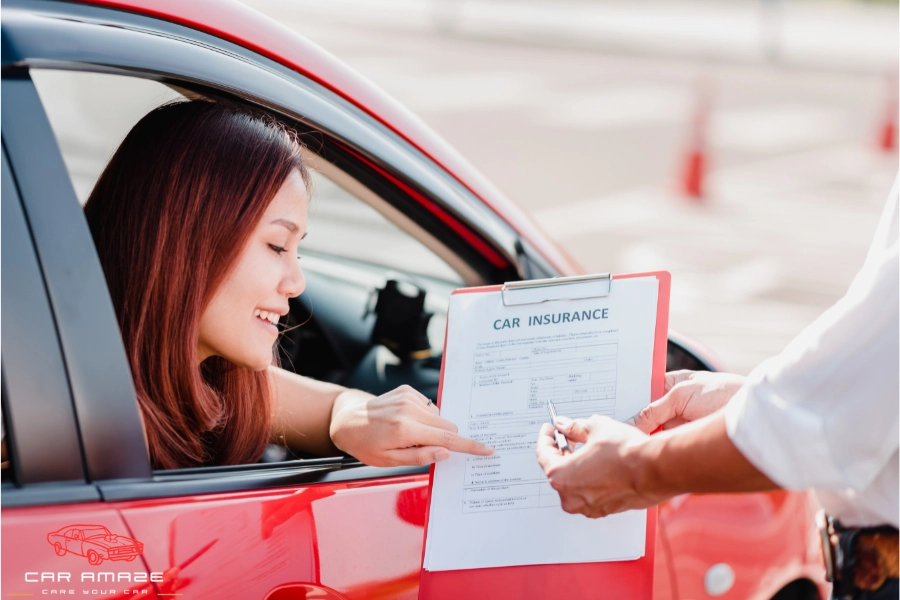
Some reputable insurance service providers may help you if your car is repossessed. Gap insurance covers the difference between your loan balance and the resale value of your vehicle. So, if your insurance service provider supports you in case of repossession, you can use their help as defenses to repossession. Some lenders even request gap coverage as a necessary condition of the loan.
How Car Repossession Works | Process, Timeline, Prevention, and Your Options
Car repossession is a legal process in which lenders take back a car if the borrower misses the payments. Borrowers can protect their car with any of the suitable loopholes mentioned above in this guide. Many borrowers are unaware of the exact timeline, their rights, how the process works, and possible options. Below are the answers to some common and important questions about car repossession.
Do Lenders Need to Give Notice Before Repossession?
It depends on the repossession laws in your state and the contract agreement of the loan. In many states it is necessary for lenders to send the notice to borrowers and give them 10-30 days’ time to catch up.
What Rights Do Borrowers Have During Repossession?
Even if you miss payments and the lender plans to repossess the car, you still have the following rights:
- No breach of peace: Repo agents cannot use force or break into locked areas.
- Right to cure: Some states let you pay overdue amounts before repossession.
- Right to redeem: Pay full balance + fees to get the car back.
- Right to dispute deficiencies: Review and challenge unfair charges after sale.
- Right to be notified: Lenders must often send notice after repossession.
If these rights are violated, you may challenge the repossession or fees.
When Can a Lender Repossess Your Car?
According to legal rules, the lender is allowed to repossess a car after 60 to 90 days of missed payments. Various state laws set specific limits on timelines and notification periods for repossessing a car. Therefore, it is necessary for the lenders to process the repossession of the car only if they are legally allowed to do so. Whether you are from California, Texas, Florida, New York, Illinois, Ohio, Georgia, Pennsylvania, Michigan, North Carolina, or any other state, you should carefully read the loan terms. It will help them find the car repossession loopholes.
What Happens After Your Car Is Repossessed?
After the lenders repossessed your car, they usually sold it to recover the remaining loan amount. Moreover, you still might owe a deficiency balance, depending on the resale value and associated fees. The borrower may still owe some money if the car is a lemon, is highly damaged, and is sold at a very low price. It is essential for car borrowers to understand and stay aware of the post-repossession procedures. It will help them find legal remedies if they are mistakenly forced to pay some remaining amount.
How Do Auto Loans and Lending Work? Stopping car repossession
An auto loan is a process where a lender provides funds to a borrower to purchase the vehicle. The borrower is subject to paying the car price in installments within the agreed-upon time frame. If payments are not made, lenders have the legal right to repossess the car. Knowing the structure and terms of your auto loan is crucial, as even small clauses can help you protect your car from lender.
How Is the Repossession Process Carried Out?
The car repossession process begins if the borrower fails to pay the due installments. In the first step, the lender sends a notice to inform you of the repossession. If the car owner still fails to pay the due loan amount, the lender has the right to repossess the car. However, car owners can still look for legal car repossession loopholes, as discussed in this guide. Choosing the loophole legally and according to the situation helps a lot in stopping car repossession.

How to get help during repossession?
The best way to get help during repossession is to seek help from a professional legal person that specializes in repossession rights and consumer protection. Legal aid, financial counseling, and nonprofit consumer services can guide you through the process. Some types of help you can get are negotiating with lenders, identifying car repossession loopholes, or filing complaints. It is recommended to take action quickly, find a suitable loophole, and seek professional help to avoid issues.
How to Recover a Car After Repossession?
Recovering a car after the repossession requires quick action and professional help. In most cases, you may have to pay the remaining loan balance or appeal the sale process. If the lender agrees to sell the car, he will take his remaining loan amount and give you back the extra money. In short, you can find the suitable repossession loopholes that I have discussed in this guide above.
Conclusion
In short, finding suitable car repossession loopholes and legal defenses to repossession can help you keep your. I have discussed the 11 legal loopholes for vehicle repossession that might help you keep the car and reduce your financial burden. Always consult with professionals to tailor these strategies to your personal circumstances and local laws.
FAQs
How to beat a repossession?
The first step to beat the repossession is finding the best loophole. You can get help from a lawyer or other legal person to improve your chances of preventing repossession. So, if you are looking for the good defenses to repossession, contacting the lawyer and finding the loophole is necessary.
How to stop a repo without paying?
It might be possible to use legal defenses or claim lender mistakes as car repossession loopholes. Communication with your lender and exploring bankruptcy options could also help delay repossession.
Can you negotiate after repossession?
Yes, borrowers can still negotiate repayment or redemption terms after repossession. If you find a good vehicle repossession loophole and errors, your negotiation will go much better.
What happens if the repo man never finds your car?
If the vehicle is never found, the lender might pursue other financial remedies. However, always check for errors in the repo process so that nothing goes wrong with you.
How do you get repo fees waived?
The best way to get repo fees waived is by finding a good loophole and negotiating with the lender.
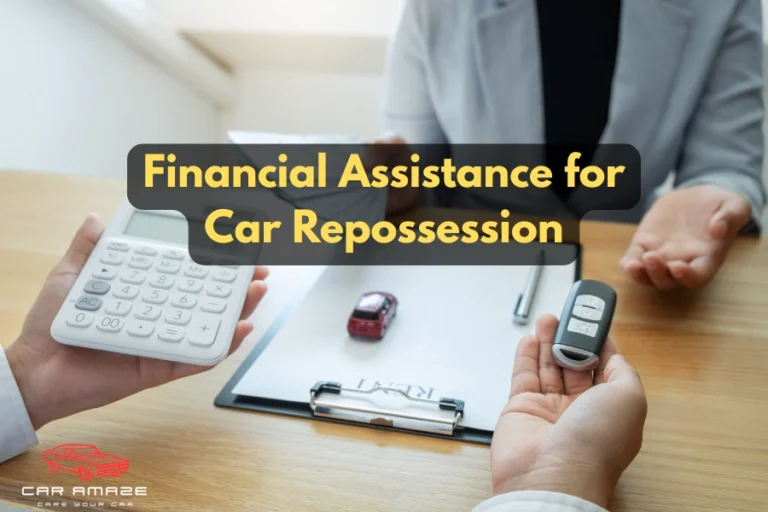
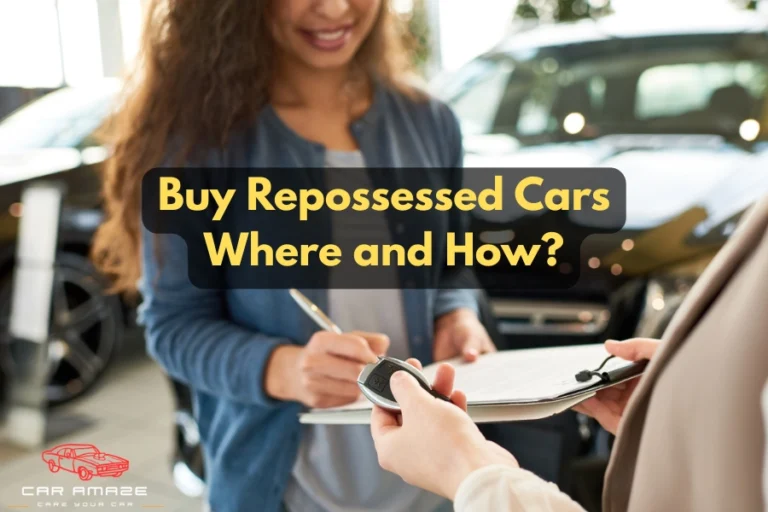
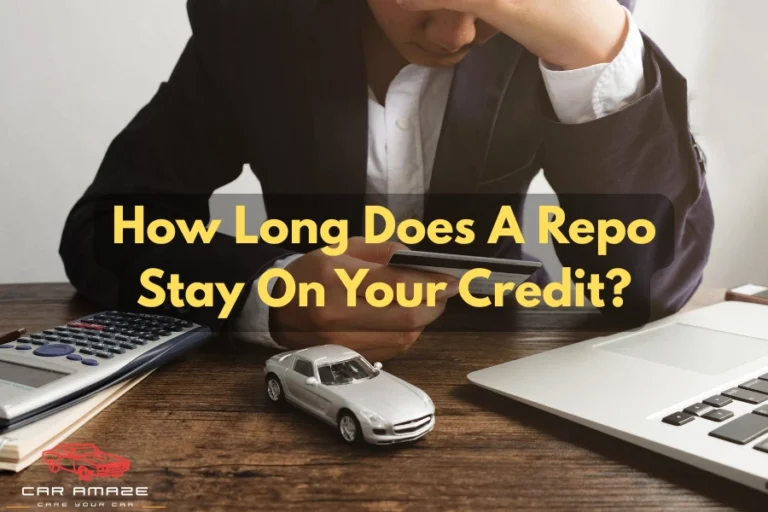




You made some decent points there. I looked on the internet for the issue and found most persons will consent with your blog.
Thank you for your kind words! I amd glad the points resonated with you and others. I appreciate you taking the time to read and share your thoughts!
I am highly impressed with your deep and clear explanation about the car repossession loopholes. It really helps me a lot.
Thank you so much for your kind words.
I am glad the post on car repossession loopholes was helpful to you. Understanding these strategies can really make a difference when it comes to stopping car repossession legally and confidently.
Feel free to explore more content or ask questions anytime.
I was just searching for this info for a while. After 6 hours of continuous Googleing, finally I got it in your web site. I wonder what is the lack of Google strategy that don’t rank this kind of informative sites in top of the list. Generally the top websites are full of garbage.
Thank you so much for your kind words! I’m really glad you found the information helpful after such a long search. Your feedback means a lot and motivates me to keep sharing more useful content.